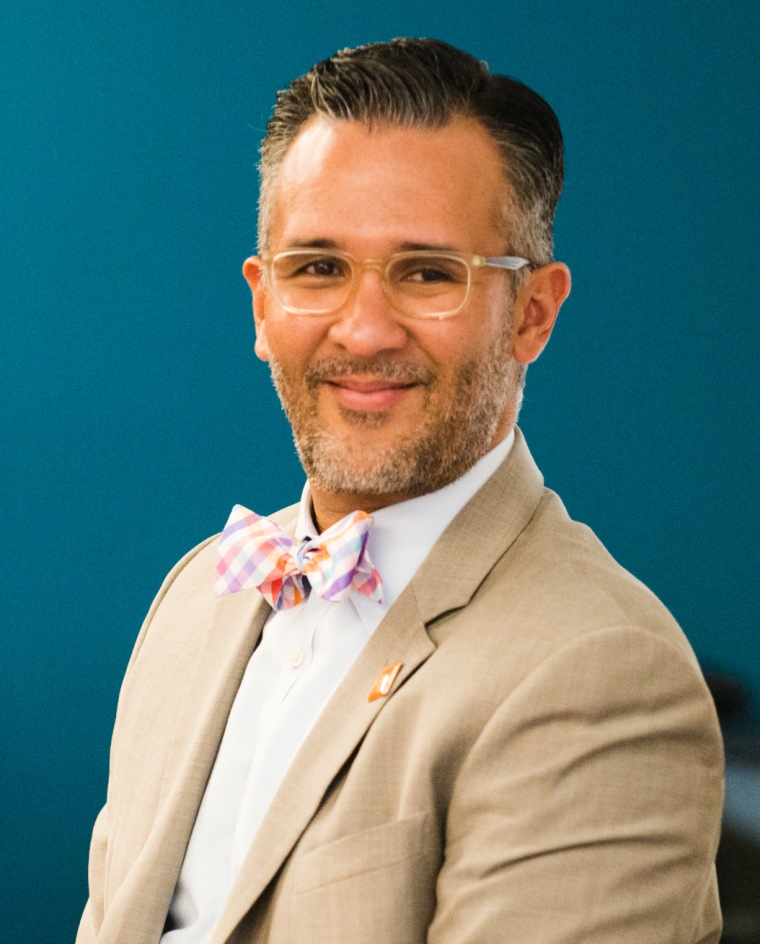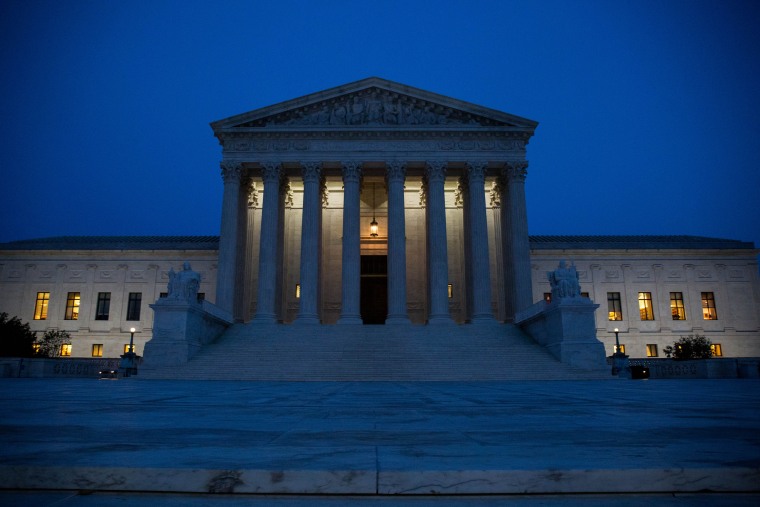
NAME: Pedro J. Torres-Díaz
AGE: 46
HERITAGE: “A full-blooded, born and raised Boricua.”
HOMETOWN: Born in San Juan, Puerto Rico, now living in Miami
OCCUPATION/TITLE: Labor and employment attorney and National President of the Hispanic National Bar Association
Pedro J. Torres-Díaz is a principal at Jackson Lewis, P.C., a law firm that concentrates on employment discrimination, wage and hour counseling and litigation both in Florida and Puerto Rico. Torres-Díaz graduated from Washington University in St. Louis with a bachelor’s degree in business administration and then obtained a Juris Doctor (magna cum laude) from the University of Puerto Rico School of Law. After his graduation from law school, he clerked for the Hon. Aida M. Delgado-Colón, United States Magistrate-Judge (now Chief United States District Judge), at the United States District Court for the District of Puerto Rico.
You’ve been a lawyer for 20 years now, how has the legal profession changed in that time?
The state of the economy and changes in technology have made the practice of law different from 20 years ago. One mission that we have at the Hispanic National Bar Association is to provide members with tools for adapting to practice of law in modern times by learning alternative technologies and skills. Also, we do training for our membership so that they can successfully sit on boards of directors of corporations.
We found that only 1 to 2 percent of all Fortune 500 boards have Latino directors and we are actively providing training to members so they have the necessary skills to serve on those boards across the nation.
My theme for my term as president of the HNBA is ‘Strengthening the Future of Law,’ but that’s not just about professional development.
One thing that hasn’t changed is that we continue to be severely underrepresented in the legal profession. Only about 4 percent of lawyers are Latino and in the case of Latinas, they represent only 1.2 to 1.3 percent of the legal profession. Despite our efforts a lot remains to be done.
The make-up of the lawyer population should clearly reflect America’s, demographics but is there something more to it?
Well, obviously we need more good lawyers, but more Latino lawyers are necessary so that there are more professionals that can be examples to our community, so that students can look up to us say, “I want to pursue that career, I want to do what he’s doing.”
I believe strongly that we have an obligation as current lawyers to ensure we are well represented in the profession – and it is a very honorable and rewarding profession. Plus, just look at the news - we need more lawyers who look like us and think like us to be able to adequately represent our community.
RELATED: What I've Learned: Latina Law School Dean Jennifer Rosato Perea
A lot of parents and families I talk to are intimidated; it's a long journey to becoming a lawyer: Getting an undergraduate degree, passing the LSAT, getting into law school and then passing the bar – plus the high cost to do all that. How do you assuage those fears?
Those are all real factors but I think the number one misconception about the practice of law is that it’s unavailable because of cost. I think this is so particularly intimidating because there is a lack of sufficient mentors and examples in the community for students to model themselves upon.
There is also, in some undeserved communities, lack of access to the best academic courses that help you prepare for a career in law, and I think it also has to do with the misconception about whether a Latino can be successful in several areas of law.

The common misconceptions I hear is that Latinos should go into criminal law, family law or immigration law, but that’s not the case. There are many areas of law — like, for instance, intellectual property law, which wasn’t big when I was coming up in law — and they are equally available to anyone who wants to pursue them.
How is the Hispanic National Bar Association helping young people overcome these barriers?
We’re trying to establish a pipeline from high school with awareness programs, and then also we connect with students in higher education. We host speed networking programs that pair college students with mentors and judges in different cities. We also fundraise to create scholarships to help students pay for schooling.
Any other tips out there for young people hoping to get into law and are nervous about the cost and the challenge?
My recommendation is that in general there are scholarships available, but there are also scholarships designed especially for Latinos so you have to look hard for them and then work hard to qualify for that help.
Also, though, know that you don’t have to go to the most expensive law school out there to have a successful career in law. So don’t feel restrained if you can’t go to Harvard, Yale or Stanford; you’re not out of luck. Make the best of what you can afford and attain.
RELATED: Trans Latina Lawyer Fights for LGBTQ and Disabled Communities
For instance, Florida International University in Miami – which I have absolutely no connection to – has a terrific school of law and has the highest number of Latino law students of any law school in the nation. It also has the highest rate of passage of the bar exam of all law schools in Florida. It’s a great example of a school that doesn’t necessarily have a big name, yet they're producing excellent Latino and Latina lawyers.
But first decide if you really, really, really want to be a lawyer. I’m not going to sugar coat it – it does require a great deal of time and energy. If you have the desire and the time, do the research into what programs might be right for you, take the LSAT and find a mentor.
It’s very important to find someone to talk to about their experience in law school so you go into it with your eyes wide open. Then send in the application, accept the offer and go for it.
Esther J. Cepeda is a Chicago-based journalist and a nationally syndicated columnist for The Washington Post Writers Group. Follow her on Twitter, @estherjcepeda.